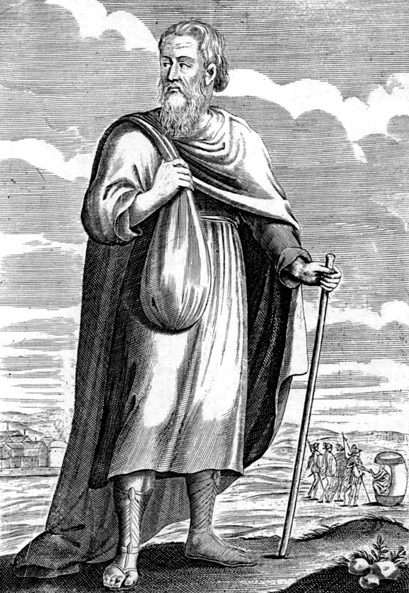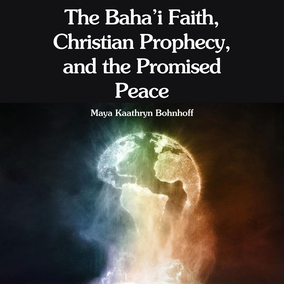The views expressed in our content reflect individual perspectives and do not represent the authoritative views of the Baha'i Faith.
“I am not an Athenian or a Greek, but a citizen of the world.” – Diogenes
Do you remember hearing about Diogenes in school? We usually think of him as that ancient Greek philosopher who went here and there carrying a lantern, telling people he was “looking for an honest man.”
But that little story, which Diogenes probably intended as a farcical commentary on his society, just scratches the surface of this fascinating man’s life.
Diogenes of Sinope (the town in Turkey where he was born) also came to be known as Diogenes the Cynic – and not the kind of cynic you’re most likely to recognize.
The Cynical school of Greek philosophy began with Diogenes. He felt that the purpose of life involved acquiring human virtues and living in harmony with nature – and he felt the way to do those things was to reject conventional society and morality, and to express his philosophical ideas through deeds rather than words. Diogenes believed that human beings could only gain happiness by detaching themselves from desire – for things like fame, wealth, sex and power – and leading a simple, natural, possession-free existence.
Probably influenced by Buddhist ideals and the early Christian teachings, Diogenes’ philosophy of cynicism spread widely across the Roman Empire in the First Century AD.
Diogenes made his philosophy his lifestyle. He flaunted convention, rejected possessions, wore no shoes even in the winter, and slept in a large clay jar in the city square. Today people might think of someone like Diogenes as a slightly deranged homeless person, but in his day he satirized Plato and disrupted his lectures, ridiculed the corrupt social values and institutions of Greek society, and publicly mocked Alexander the Great. The famous story about the lantern? Diogenes probably carried it through Athens during the day, to satirically point out the fact that no honest man could be found in Greece, day or night.
When he met the warrior, conqueror and “King of Kings” Alexander the Great, Diogenes was contemplating a pile of human bones. He told the King, who had enslaved entire populations, “I am searching for the bones of your father but cannot distinguish them from those of a slave.”
When Diogenes said “I am not an Athenian or a Greek, but a citizen of the world,” it started a mass movement. Suddenly people were calling themselves “cosmopolitans” – cosmos meaning the entire known world and polites meaning citizen. His radical claim of world citizenship contained a pointed criticism of the warring city-state system, and impacted the entire civilized world as it spread. It helped start the philosophical school of Stoicism, which held that every person belongs to two communities: the local community of their birth and the entire human community. Ultimately it strongly influenced the philosophers and thinkers Immanuel Kant, Jacques Derrida, Thich Nhat Hanh and many others; and it ultimately inspired the formation of the growing Global Citizens movement.
The Baha’i teachings embrace the prospect of world citizenship, just as Diogenes and the cosmopolitans did – but Baha’is actively work to make world citizenship a reality, rather than just a philosophical concept. Baha’u’llah said “The earth is but one country, and mankind its citizens.” Abdu’l-Baha urged all people to consider themselves citizens of the planet:
The people of the future will not say, “I belong to the nation of England, France or Persia”; for all of them will be citizens of a universal nationality — the one family, the one country, the one world of humanity — and then these wars, hatreds and strifes will pass away. – Abdu’l-Baha, The Promulgation of Universal Peace, p. 18.
Above all, the Baha’i Faith teaches, models and exemplifies the ideal of unity. It urges us to break down barriers between people and nations. It encourages all of us to expand our horizons and broaden our view, moving from a strictly local, regional, ethnic, racial or national identity to a much wider one – the global citizenship we can all claim as our spiritual birthright.

















Comments
Sign in or create an account
Continue with Googleor